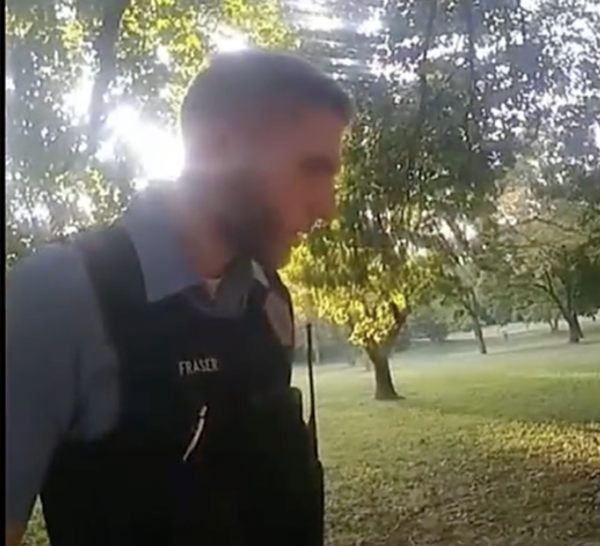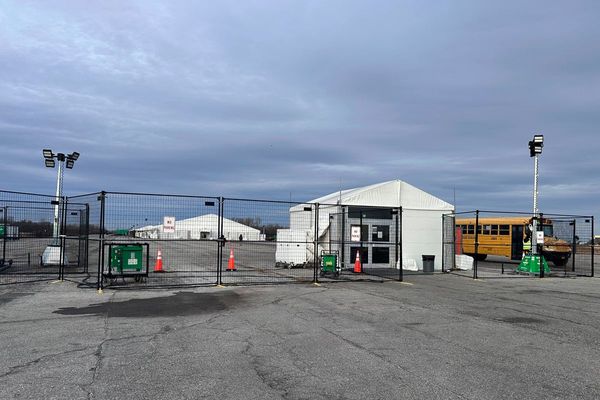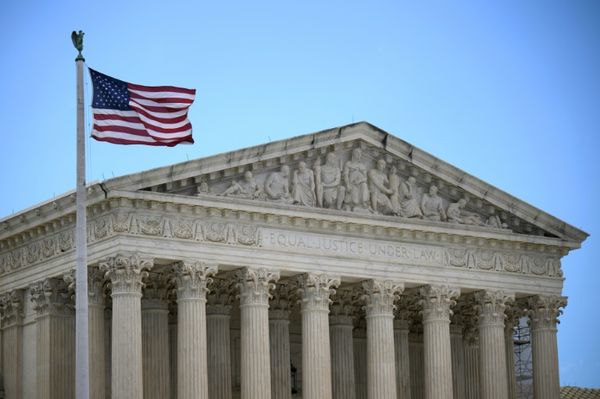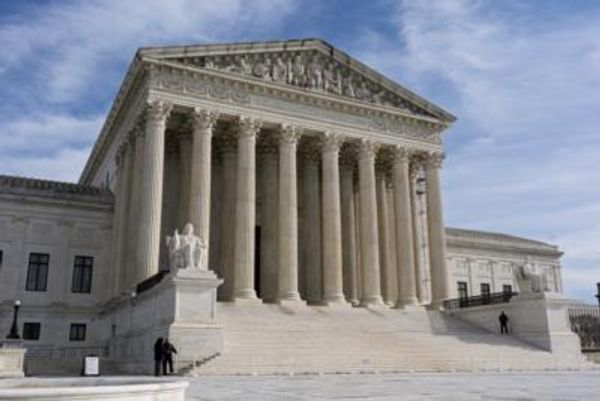
The prime minister, Scott Morrison, has emphasised the importance of the government’s tax cuts amid speculation about how the budget will address rising cost of living pressures.
Facing calls from state Liberal leaders and National MPs to cut the fuel excise as petrol tops $2.20 a litre, Morrison said on Monday that the government was “very aware” of the strain being felt by families across the household budget.
“These cost of living impacts are real, and the Australian government understands that,” Morrison said.
“There is always a lot of speculation before budgets and so I will leave the government’s decisions for [the] budget to that night … but there are many pressures on cost of living and that’s why our tax cuts are so important.”
While Morrison has left open the prospect of cutting the fuel excise, which is set at 44.2 cents per litre, he said the Coalition’s focus had been on reducing the tax burden.
Liberal premiers Steven Marshall from SA and Peter Gutwein from Tasmania have urged the Morrison government to cut the excise, which in 2001 was frozen by the Howard government as it faced community pressure over petrol prices.
But broadening the debate over household cost pressures, Morrison said petrol was just one issue facing consumers, and pointed to the more general hip-pocket benefit of tax cuts. He said someone earning $90,000 a year was $50 a week better off than when Labor was in government after the Coalition’s changes to the personal income tax rates and the low and middle income tax offset.
“By cutting taxes and our commitment to cutting taxes, that is actually helping Australians better able deal with the increases in cost of living that you see, for example, on petrol price rises.”
The government has been considering an extension to the temporary low and middle income tax offset which ends in 2021-22, but there are fears the $7 billion measure could add to inflationary pressures in the economy.
Last month the treasurer, Josh Frydenberg, said that the tax break was introduced as a result of the economic circumstances at the time and was “not a permanent feature of the tax system”.
Morrison is expected to use this month’s budget to announce a comprehensive cost of living package to take to the next election, which may also include a cut to the draught beer excise after a concerted campaign by hoteliers and the alcohol lobby that has been backed by marginal seat MPs.
The change would shave 30 cents off the cost of a schooner of beer if passed on to consumers, but has been criticised as being directed towards men and at odds with health guidance.
Labor has accused the government of not doing enough to address the rising cost of living, saying the Coalition had ridiculed its childcare policies and had overseen stagnant wage growth.
“Families are under massive pressure – everything is going up except people’s wages,” party leader Anthony Albanese said.
“We have food, be it meat, be it vegetables, the essentials of life are going up as well.
“We know that rents are going up as well. We know that the cost of childcare is going up as well.”
Albanese said the Coalition had not “done anything about petrol”, which had become more expensive for consumers before the Russian invasion of Ukraine prompted a range of sanctions.
He said Labor would wait to see what the government would do on fuel excise before making any commitments but pledged a “whole suite” of measures aimed at addressing the cost of living.
“We’ve got our own announcements coming up to deal with the cost of living,” Albanese said.
On Monday, the Australian Council of Trade Unions president Michele O’Neil said that people needed relief, but a change to the fuel excise would only be a short term response.
“It doesn’t address what really needs to change, the fundamentals – nine years of low wage growth, increased casualisation and job insecurity,” she said.
Economists have warned that Russia’s invasion of Ukraine may have unforeseen consequences for the Australian economy, including ongoing inflationary pressures, with fuel forecast to reach as much as $2.50 a litre.
The International Monetary Fund has warned that price shocks would “have an impact worldwide”, but particularly for poorer households for whom food and fuel are a higher proportion of expenses.
On Monday, the New Zealand prime minister, Jacinda Ardern, announced a halving of public transport fares and a cut to its government fuel taxes in response to what she described as a “wicked perfect storm” of global inflation that had seen petrol surge to more than NZ$3 a litre.







